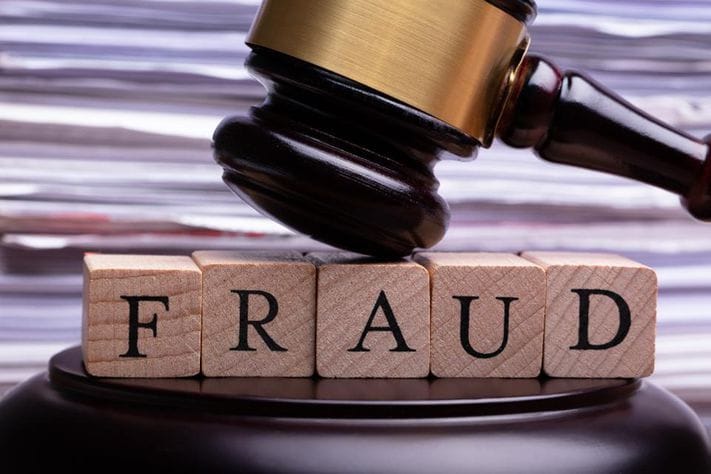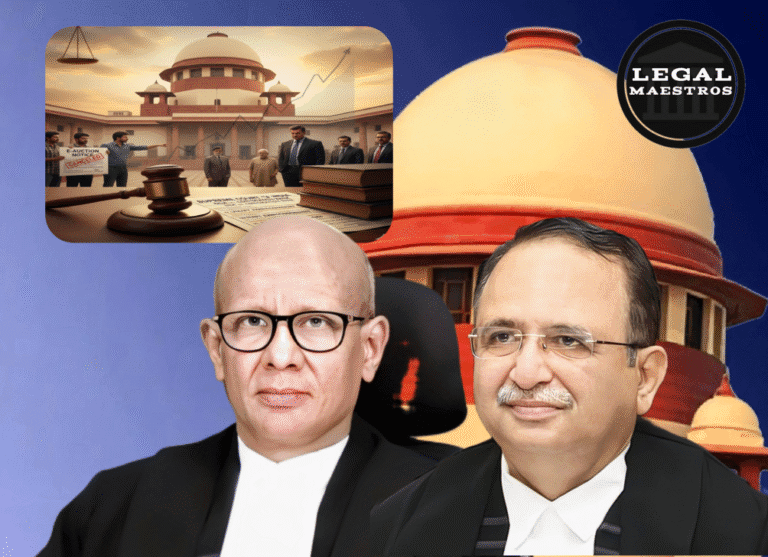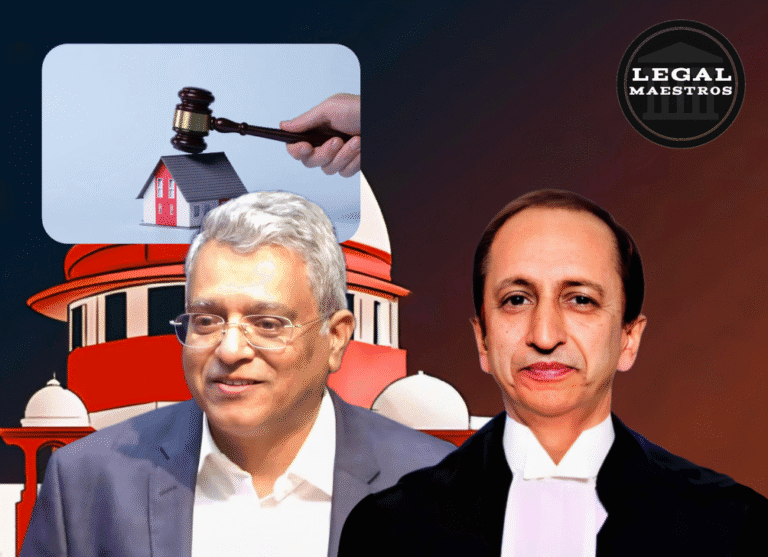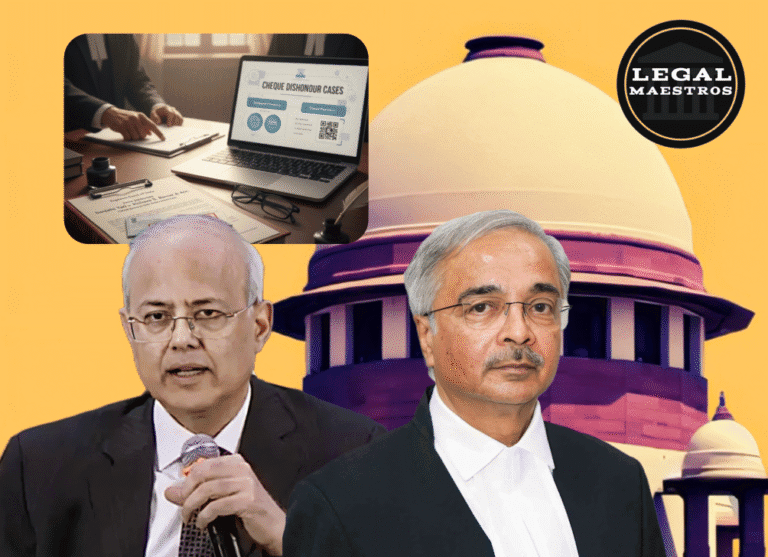
The SC in Vishnu Vardhan @ Vishnu Pradhan v. State of Uttar Pradesh & Ors., dated Tuesday 23rd of July 2025. Dealt with a complex property dispute, fraud, abuse of process of law and manipulation of the revenue records. The central maxim of the Court was announced with clarity: fraud “unravels everything”, and even judgments veiled in legal form shall not stand if procured by fraud.
Facts
In 1997, three persons, namely Vishnu Vardhan, Reddy Veeranna and T. Sudhakar purchased a land in a Village Chhalera Banger, District Gautam Budh Nagar, which was subsequently acquired by the New Okhla Industrial Development Authority (hereinafter referred to as ‘the NOIDA’). The row had dragged through the courts for years and revolved in recent times around Reddy’s claimed unilateral attempts at securing proprietary rights through manipulation of the court process.
Reddy instituted Civil Suit No. 370/2006 seeking exclusive ownership thereof which was “settled” in a compromise application filed by the Power of Attorney (PoA) holder of Vishnu. But Vishnu had already cancelled the PoA before the compromise was effected. It was in these circumstance that the trial court directed and delivered judgment in favor of Reddy on his suit on the 17th November 2006. Taking advantage of this decision, Reddy struck Vishnu’s name out of the records of the land and collected full compensation on acquisition of land from NOIDA.
Vishnu contested the said fraud through a writ petition and civil appeal under Article 32 to declare the same null and void on his being entitled to co-ownership rights with regard to the property in dispute and equal compensation.
Arguments
Appellant (Vishnu Vardhan):
- The judgement was a compromise on account of fraud by a non-agent power of attorney holder.
- The sentence was created by Reddy to cheat NOIDA to the extent of full payment.
- There was a travesty of justice on account of withholding of vital information and exclusion of other co-owners.
- The relief claimed for was a declaration of co-ownership, cancellation of a revenue alteration as well as a judicial inquiry.
Respondents (Reddy Veeranna & NOIDA):
- Contended that the decision had become final.
- Argued that everything was done consistent with current court orders.
- Denied intent to defraud, and alleged claim to full payment.
Judgment
The SC through Justices Dipankar Datta and P.B. Varale, held that:
- Fraud vitiates all acts even judgments.
- The settlement agreement was void because it was submitted by a representative (PoA) who was no longer in place:
- Reddy’s conduct in the court and as well as the conduct in the revenue records constitutes fraud on the court.
The Court reinstated the right of co-ownership of the appellant Vishnu and laid down that alternatively, the compensation would be divided between all the three co-owners (Vishnu, Reddy, Sudhakar) and further directed to cancel the alteration entries in favour of Reddy as exclusive owner.
Impact / Analysis
The case is a powerful reiteration of the rule that the doctrine of finality in the law must give way to the truth and justice where fraud is present. The Supreme Court held that the procedural regularity cannot have the effect of curing patent illegality particularly in respect of the land disputes, compensation and misuse of court orders.
It also clarified that upon revocation of a PoA, once deemed of, all of that attorney’s subsequent acts are null and void. The verdict will be cascading for several land disputes and for that matter in India and in NOIDA, industrially acquired land or other industrially developed or promoted areas, where fraudulent or fake decrees were being used to deprive the real owner from the landed property.
By ordering a CBI probe, the Court has sent a clear message that abuse of judicial process and administrative manipulation will not be tolerated.
Coram:
Justice Dipankar Datta
Justice P.B. Varale




